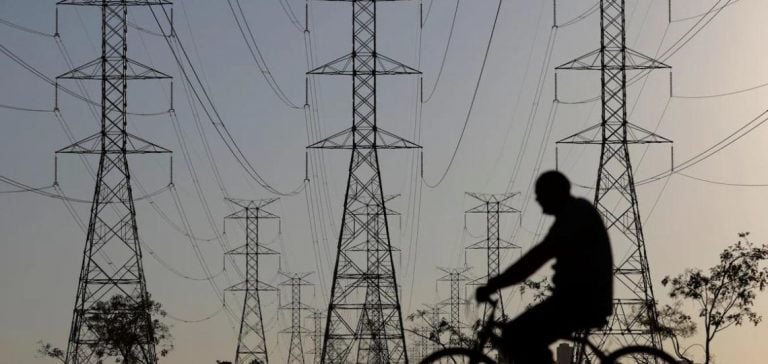Brazil is preparing to reintroduce daylight saving time, a measure abandoned in 2019, to counter the energy crisis exacerbated by prolonged drought. Authorities have given the green light to the initiative, which aims to reduce electricity consumption during peak hours by optimizing the use of natural light.
By moving the clock forward by one hour between November and February, the aim is to relieve pressure on a network already weakened by historically low levels in the country’s hydroelectric reservoirs. This decision follows a recommendation from ONS (Operador Nacional do Sistema Elétrico), which warned of the critical decline in water reserves in power station reservoirs in the south-eastern and central-western regions of the country.
The level of these reserves is below 50% of their capacity, a situation that coincides with a significant reduction in rainfall.
A return to daylight saving time would help reduce electricity demand during peak periods, particularly at the end of the day, when solar power production declines.
Immediate impact on the power grid
The decision to restore daylight saving time comes at a time when Brazil continues to rely heavily on hydroelectric power.
Although investment in renewable energies, such as wind and solar power, has increased, these sources have yet to compensate for the decline in dam production.
The authorities hope that the time shift will help reduce overall electricity consumption during critical periods, thereby reducing the need to rely on more expensive energy sources, such as thermal power stations.
According to the ONS, this measure would enable electricity needs to be better managed without the need for large energy imports, thus avoiding higher costs for consumers.
Restoring summer time could also limit the need for temporary, costly solutions, such as thermal power stations or electricity imports from neighboring countries.
Divergent reactions from economic sectors
The return to daylight saving time is provoking mixed reactions in Brazil’s various economic sectors.
Bars and restaurants, grouped within the Abrasel association, support the decision.
They believe that an extra hour of light in the evening could increase the number of customers during the 6 to 8 p.m. time slot, boosting their sales.
This extension of the day could boost their revenues by around 10%.
For airlines, however, the measure would entail additional costs.
The time adjustments needed to synchronize flights and manage crews would be complex and costly.
Changes to flight schedules would be unavoidable, and coordination with international partners could also be affected.
A political dilemma for the government
The return to daylight saving time, although approved by energy authorities and certain economic players, has yet to receive the final endorsement of President Luiz Inácio Lula da Silva.
The Brazilian government is currently evaluating other alternatives for managing the energy crisis, including longer-term solutions such as accelerating investment in renewable energy infrastructure.
The Minister of Mines and Energy, Alexandre Silveira, has expressed reservations about this measure, stressing that it requires thorough evaluation before implementation.
Although he initially showed support for the return, he is now keen to examine other options, reflecting the differences within the Brazilian executive on how best to manage this energy crisis.
Future prospects and challenges
Brazil’s energy situation remains complex.
With hydroelectric production, long the mainstay of the country’s electricity supply, under threat from adverse weather conditions, Brazil is having to turn increasingly to alternative energies to make up the shortfall.
However, the transition to renewable sources, such as solar and wind power, is not taking place quickly enough to compensate for the drop in production.
The authorities will therefore have to juggle between emergency solutions, such as daylight saving time, and long-term strategies to diversify the energy mix.
In this context, the reintroduction of daylight saving time is only a temporary measure designed to avoid a further rise in electricity prices and more serious disruptions to the grid.
It underlines the structural challenges Brazil faces in managing its energy resources, particularly in the face of climatic fluctuations which directly affect its ability to generate electricity.






















